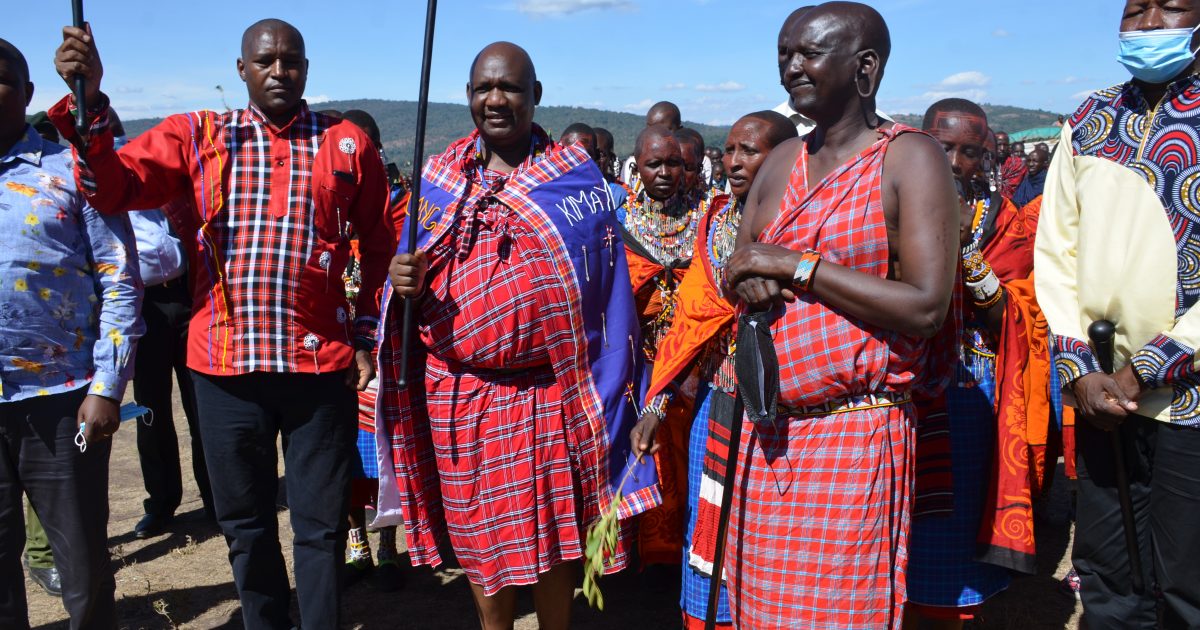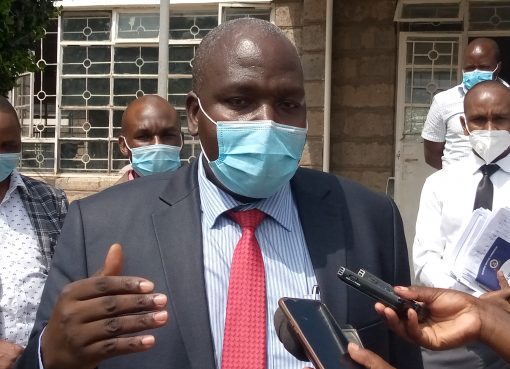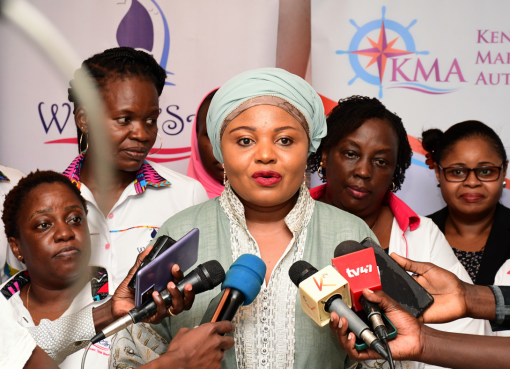The Maasai community should continue preserving its culture for posterity as it helps instill discipline to the younger generation, Narok Governor Samuel Tunai has said.

Tunai observed the positive traditional events like bringing two age sets together in a ritual known as ‘emanyatta’ and moranism were good as they united the community and taught the younger generation good practices.
The governor who spoke in a emanyatta celebrations held in Loita asked the older generation to take time to mentor the young generation to curb cases of indiscipline.
“We the old generation should not ignore talking to the younger generation about the values of our community. We should be the ones teaching them how to relate with the community and respect the authority and senior people in the society,” said Tunai.
The governor condemned outdated cultural practices like Female Genital Mutilation (FGM), early marriages and teenage pregnancies saying such practices were pulling the community behind in terms of their economic growth.
“The government has invested a lot of money in offering free primary education, building infrastructure and posting teachers in all parts of the country so that all children can equally get education, I request you to take advantage of this and take your children to school,” he said.
The Emanyatta celebrations comes after every six years where two age sets namely Ilmeshuki and Ikinyaku are joined to be one age set. Upon the completion of the ceremony, the two age sets will agree on their common name.
All the seven Maasai clans living in Narok County hold their celebrations on different dates and those participating build temporary manyatta where they remain for a period of one to six months being taught their culture.
The seven clans are: Purko (largest), Ildamat, Kekonyokie, Loita, Uasin Gishu, Siria and Motialek clans.
The traditional chiefs, who are the presidents of the Emanyatta are key in giving directions on how the cerebrations will be conducted.
Politicians have however taken advantage of the cerebrations season to woo people to vote in their favour by visiting the emanyatta to give them foodstuffs, Maasai shukas and money.
Other politicians who have visited the Loita Emanyatta are Youth Principal Secretary Charles Sunkuli, Chief Administrative Secretary (CAS) labour Patrick Ntutu, Narok Women Representative Soipan Kudate and Narok West Member of Parliament Gabriel Tongoyo, all who have expressed interest in vying for the gubernatorial seat.
By Ann Salaton





